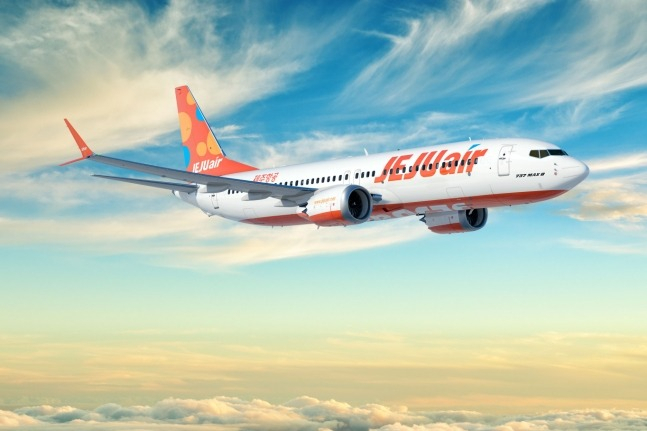South Korea's low-cost carriers (LCCs) are enjoying a surge in demand as the country emerges from the COVID-19 pandemic, while major carriers are struggling.
According to data from the Ministry of Land, Infrastructure and Transport, passenger traffic on domestic airlines rose 65% in the first 11 months of 2023 compared to the same period in the previous year, reaching 782.05 million.
This marks a recovery to 84% of pre-pandemic levels, which stood at 85.69 million in 2019.
Major carriers like Korean Air Lines Co. and Asiana Airlines Inc., however, are not reaping the benefits of this increased demand. Their profits have either stagnated or declined, partly due to the concentration of travel demand on short-haul routes, especially to destinations in Japan and Southeast Asia.
In stark contrast, LCCs are capitalizing on this shift. They are posting record profits for the year. Jeju Air Co. is expected to report an operating profit of 154.6 billion won ($118 million), Jin Air at 149.5 billion won, and Air Busan Co. at 143.1 billion won.
Major carriers, which have traditionally focused on long-haul routes and the cargo market, have been left disappointed with their financial outcomes.
Korean Air's operating profit is anticipated to fall by 31% to 1.9 trillion won. Asiana Airlines, meanwhile, expects a modest increase in operating profit by 8.7% to 651 billion won.
LCCs are looking to differentiate themselves from major carriers by offering more competitive fares, better service, and more convenient routes.
Write to Eui-Myung Park at
uimyung@hankyung.com




